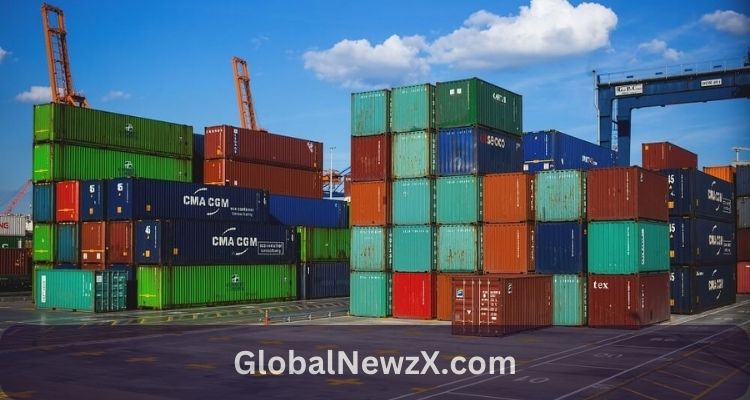The transportation of tires is a crucial aspect of the automotive industry, affecting not only the efficiency of supply chains but also the overall safety of the road. Proper packaging for tire transportation is essential to ensure that tires reach their destination in optimal condition and that both the environment and workers remain safe during the process. Here, we will discuss the key benefits of using appropriate packaging for tire transportation.
- Protection from Damage:
Tires are vulnerable to various types of damage during transportation, including when you need to reifen versenden (ship tires). They can be punctured, scratched, or experience sidewall damage. Proper packaging, such as using protective materials like corrugated boxes, ensures that the tires are shielded from external forces and potential hazards. This protection not only preserves the quality of the tires but also reduces the likelihood of accidents caused by damaged tires on the road.
- Improved Handling:
Well-packaged tires are easier to handle. Whether being loaded onto trucks or unloaded at distribution centers, having tires securely packaged makes them more manageable for workers. This reduces the risk of accidents and injuries, as heavy or unwieldy tires can be a hazard when not packaged properly.
- Environmental Impact:
Environmental considerations are increasingly important in the transportation industry. Proper packaging helps reduce waste and minimizes the environmental footprint of tire transportation. Using reusable or recyclable packaging materials reduces the need for single-use materials, and companies can further reduce their environmental impact by using eco-friendly packaging solutions.
- Stackability:
Efficient use of storage space is a critical factor in logistics. Proper packaging allows for better stackability, enabling more tires to fit into a given space. This leads to cost savings in warehousing and transportation by maximizing the number of tires that can be transported in a single shipment.
- Product Integrity:
Tires are sensitive products, and their performance can be negatively impacted by exposure to various environmental factors such as extreme temperatures, moisture, or UV radiation. Proper packaging can provide a barrier against these elements, ensuring that tires remain in optimal condition from the moment they are manufactured until they are installed on a vehicle.
- Compliance with Regulations:
Regulations surrounding the transportation of tires can be stringent and vary from one region to another. Proper packaging ensures compliance with these regulations, reducing the risk of fines or other penalties. It also ensures the safety of workers involved in loading and unloading tires by following established guidelines for handling.
- Brand Image:
The packaging of a product can play a significant role in shaping a brand’s image. Well-packaged tires reflect a company’s commitment to quality and safety. This can be a crucial selling point for consumers who are increasingly concerned about the safety and quality of the products they purchase.
- Reduction in Returns:
Inadequately packaged tires are more likely to suffer damage during transportation, which can lead to an increase in returns or warranty claims. Proper packaging helps reduce the likelihood of such incidents, ultimately saving the manufacturer money and enhancing customer satisfaction.
In conclusion, the proper packaging of tires for transportation offers a multitude of benefits. From protecting the tires from damage to improving handling, ensuring compliance with regulations, and enhancing a company’s brand image, the advantages are clear. With environmental concerns becoming increasingly important, sustainable and eco-friendly packaging solutions are also playing a crucial role in the tire transportation industry. By investing in proper packaging, companies can optimize their supply chains and maintain the quality and safety of their products, ultimately benefiting both their bottom line and their reputation.









